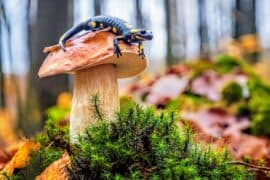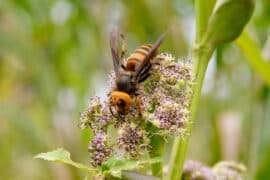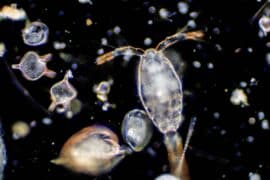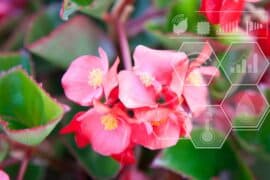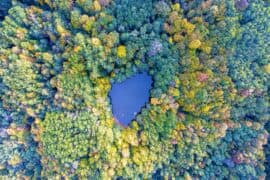Seashore dropseed
(Sporobolus virginicus)
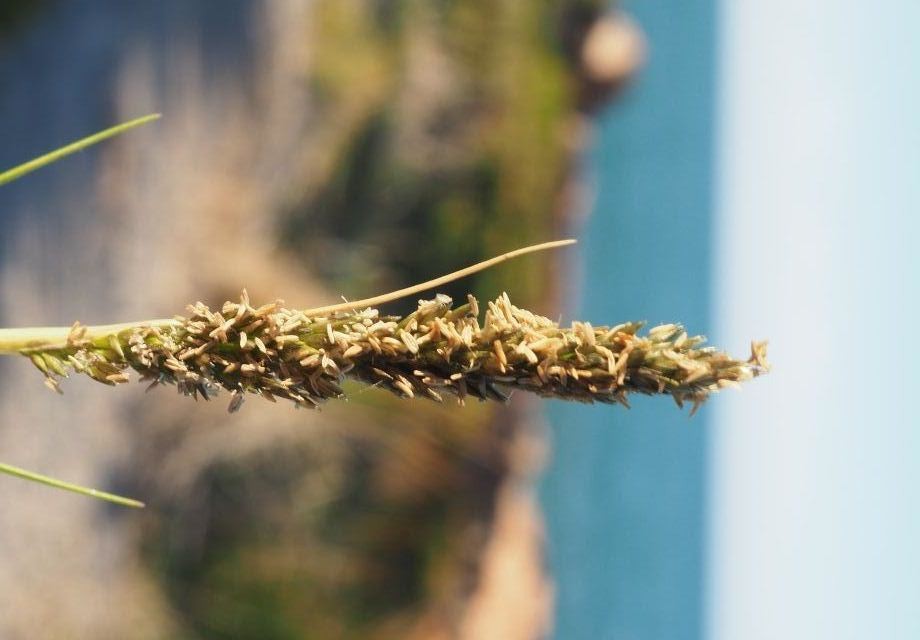
Description
Sporobolus virginicus, known by numerous common names including seashore dropseed, marine couch, sand couch, salt couch grass, saltwater couch, coastal rat-tail grass, and nioaka, is a species of grass with a wide distribution. It is a spreading perennial tussock grass from 10 to 50 cm (3.9 to 19.7 in) in height. Its flowers are green or purple. It reproduces asexually by use of both stolons and rhizomes. It grows in Australia, New Zealand, many Pacific Islands, the Caribbean, Africa, India, China and Indonesia. It is widespread in Australia, occurring in every state, although in New South Wales it is considered naturalised. It was originally published by Carl Linnaeus in 1753, under the name Agrostis virginicus. It was transferred into Sporobolus by Karl Sigismund Kunth in 1829. It has a great many synonyms. Sporobolus is a nearly cosmopolitan genus of plants in the grass family. The name Sporobolus means "seed-thrower", and is derived from Ancient Greek word σπόρος (spóros), meaning "seed", and the root of βάλλειν (bállein) "to throw", referring to the dispersion of seeds. Members of the genus are usually called dropseeds or sacaton grasses. They are typical prairie and savanna plants, occurring in other types of open habitat in warmer climates. At least one species (S. caespitosus from Saint Helena) is threatened with extinction, and another (S. durus from Ascension Island) is extinct. While some dropseeds, such as prairie dropseed (Sporobolus heterolepis), make nice gardening plants, they are generally considered to make inferior pastures, but seeds of at least some species are edible and nutritious; they were used as food, for example, by the Chiricahua Apaches. Other species are reported to be used as famine foods, such as Sporobolus indicus in parts of the Oromia Region of Ethiopia, where it is known as muriy in Oromiffa. Known as popote de cambray, Sporobolus grasses are used in popotillo art or straw mosaics, a Mexican folk art with pre-Columbian origins. The 1889 book The Useful Native Plants of Australia records that Sporobolus actinocladus is a "Perennial; seeds in October and November. A much esteemed pasture grass of the back country, common on rich loamy soil; stock of all kinds are very fond of it." Caterpillars of the small moth Bucculatrix sporobolella have only been found on alkali sacaton (Sporobolus airoides).
Taxonomic tree:


